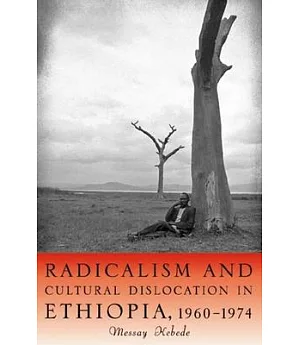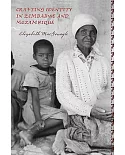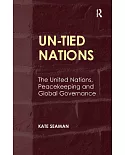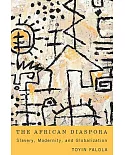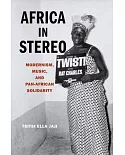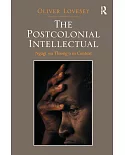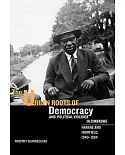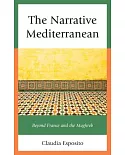During the 1960s and early 1970s, a majority of Ethiopian students and intellectuals adopted a Marxist-Leninist ideology with fanatic fervor. The leading force in an uprising against the
imperial regime of Emperor Haile Selassie, they played a decisive role in the rise of a Leninist military regime. In this original study, Messay Kebede examines the sociopolitical and cultural
factors that contributed to the radicalization of the educated elite in Ethiopia, and how this phenomenon contributed to the country's uninterrupted political crises and economic setbacks since
the Revolution of 1974.BR> Offering a unique, insider's perspective garnered from his direct participation in the student movement, the author emphasizes the role of the Western education
system in the progressive radicalization of students and assesses the impact of Western education on traditional cultures. The most comprehensive study of the role of students in modern
Ethiopian political history to date, Radicalism and Cultural Dislocation in Ethiopia, 1960-1974/ opens the door for discussion and debate on the issue of African modernization and the effects
of cultural colonization. Messay Kebede is professor in the Department of Philosophy at the University of Dayton and is author of Survival and Modernization -- Ethiopia's Enigmatic Present: A
Philosophical Discourse (1999).

